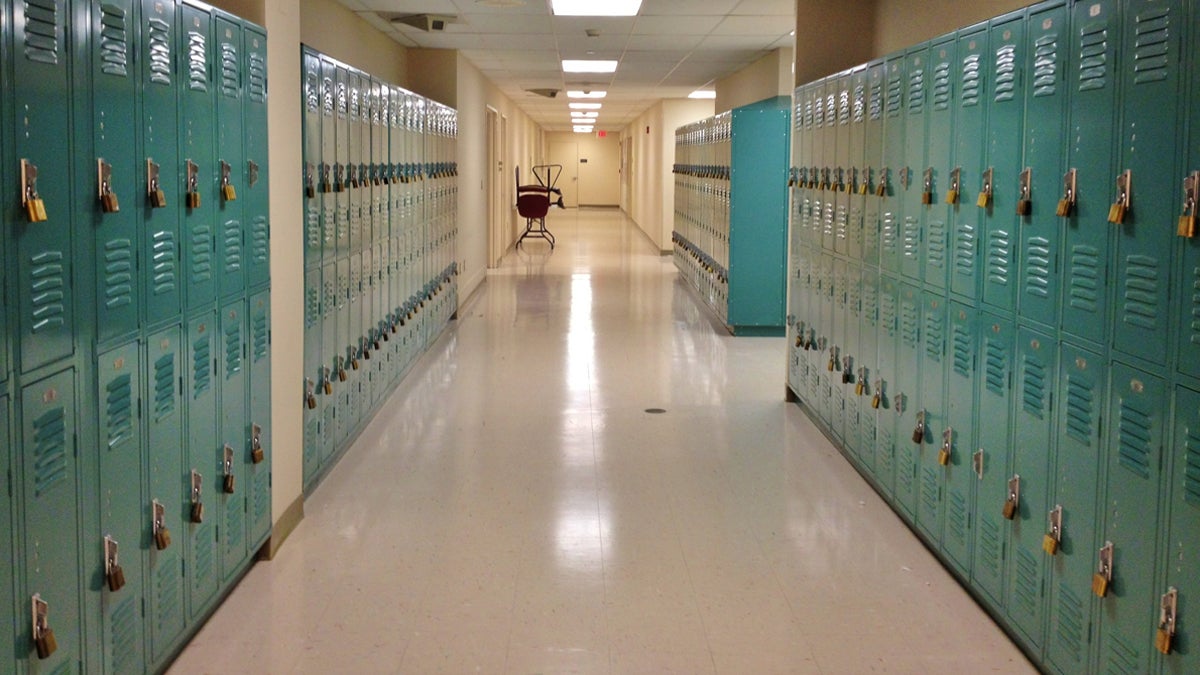Are some Pennsylvania school districts hoarding tax dollars, and violating state law by doing so?
 Shutterstock) " title="" width="1" height="1"/>
Shutterstock) " title="" width="1" height="1"/>
Keystone Crossroads took a closer look at school budget data after recent reports that the Commonwealth’s schools have a combined fund balance of $4.3 billion.
Keystone Crossroads took a closer look at school budget data after recent reports that the Commonwealth’s schools have a combined fund balance of $4.3 billion.
About half of that money is assigned or committed, and isn’t subject to any state restrictions.
About half is unassigned – often referred to as “rainy day” funds – and limited by Pennsylvania School Code to between 8 and 12 percent of operating costs, depending on their budget.
Most of the state’s 749 schools – including charters, vocational academies and technical colleges –are below the threshold.
But nearly 300 have “rainy day” funds that are $496 million above what state law allows.
State officials say it’s a problem, and that legal loopholes and lack of consequences for school leaders have left people unprotected from being overtaxed as intended.
But others say large fund balances often signal prudent planning, and that the state’s rules about how schools set aside money are mostly about managing its own financial obligations.
Loopholes and consequences
If a school district’s unassigned fund balances exceed its threshold, the district can’t raise taxes or even attempt getting a waiver to do so.
Department of Education spokesman Tim Eller says the rule is intended to force schools to spend money rather than hoarding it. But getting around it is simple, he says.
“That money is all interchangeable,” Eller says. “(Schools) can designate or commit a portion of their unassigned fund balance to retirement and healthcare costs, for example, which would lower it on paper to below (the legal threshold).”
School officials also can decide later to spend that money for a different purpose, a change which sometimes – but not always – requires a vote by the elected board, Eller says.
Pennsylvania Economy League researcher David Davare says a close analysis of an individual school district would show whether officials make sound financial decisions.
But fund balances aren’t a critical part of the auditing process.
The state Auditor General’s spokeswoman Susan Woods says a school fund balance considered excessive by state law would show up in an audit report as an “observation.”
It wouldn’t rise to the level of a finding, which warrants corrective action by the public agency being scrutinized, she says.
Davare also says the list of schools with excessive fund balances changes constantly as officials spend, save and move money.
Limits and liability
Davare, whose policy brief on the issue was released last week, says the state’s limits are arbitrary, and a function of the last public debate over the issue.
He says the matter’s become controversial five times or so during his three-decade career in municipal finance.
Usually, it happens when the state faces the prospect of not being able to make promised construction or pension aid payments to schools.
Davare also notes the state doesn’t regulate fund balances held by local governments – which don’t have the same tight financial ties to the state as schools do.
Asked whether the PDE wants legislators to tighten the rules so that all types of fund balances are limited, Eller says that the department simply hopes the matter factors into voters’ choices when they elect school board members.
“Having reserve funds for unforeseen circumstances, is a prudent thing to do,” Eller says. “However, the question is: ‘How much is too much?’ There are districts out there with significant fund balances that are taxpayer dollars the district is holding onto.”
Davare says over-taxing to excessively pad savings accounts doesn’t make sense politically for school board members, who risk their re-election even with necessary tax increases.
Fund balances are increasing more quickly than taxes, according to Keystone Crossroads’ analysis.
Last year, the statewide school fund balance increased at six times the pace as the collective tax levy.
During the past 17 years, it averaged double, the data shows.
WHYY is your source for fact-based, in-depth journalism and information. As a nonprofit organization, we rely on financial support from readers like you. Please give today.



